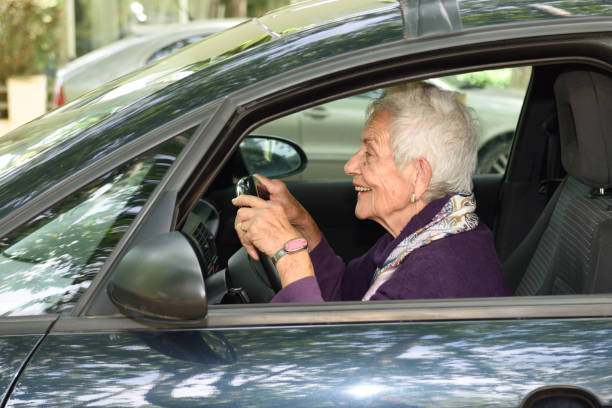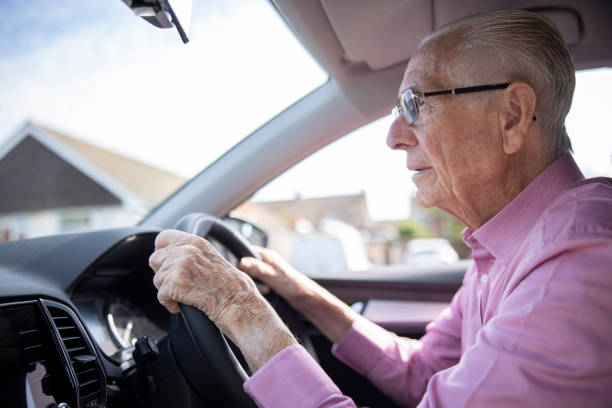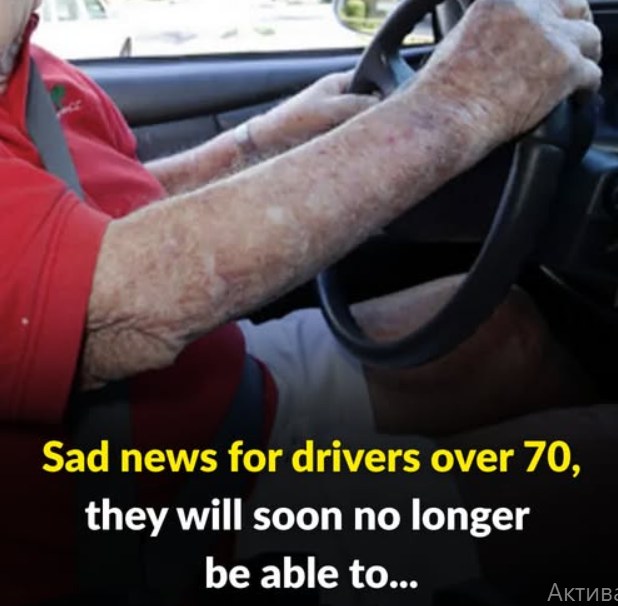
Have you ever wondered if senior drivers are still fit enough to drive? Should they be required to retake tests, as if they were exams? One thing is clear: age is not everything. However, certain signs point to caution.
Driving after 75: is it beneficial or risky? In La Rochelle, a tragic accident occurred. An 83-year-old vehicle struck a gathering of children riding bicycles, hurting numerous people. She was biking the wrong direction. This collision highlights the question of how old a person can safely drive.

According to data from the Road Safety Authority, drivers over the age of 75 are engaged in accidents at the same rate as young individuals aged 18-24. This connection may seem astounding, but it is clear that with age, vision, reflexes, hearing, and attention can deteriorate.
Is there an age limit for driving? The answer is surprisingly simple: no. In France, the B license is valid for life, unless there is a significant violation or a court ruling. There is no medical screening or mandatory inspection required to drive a private car after a particular age.
Unlike nations like Italy or Germany, which require medical check-ups after the age of 70 or 75, France has chosen to emphasize individual responsibility. A smart solution. Senior drivers can request that their abilities be tested by their doctor or a professional physician. They can assess vision, reflexes, and coordination, and may even advise driving only during the day or avoiding specific unsafe scenarios.
Another smart alternative is to take refresher courses. These classes enable seniors to relearn the Highway Code, have a better understanding of updated material (such as roundabouts or driving assistance), and receive positive comments on their driving skills.

Prepare your driving and vehicle: a successful strategy. As we age, switching from a manual to an automatic transmission can make driving much easier. Special courses are being held across France to raise awareness among elderly drivers about these practical improvements.
Some driving schools also offer training tailored to elders, including customized monitoring and reassuring support. What happens if we stop pointing fingers?
Rather than stigmatizing senior drivers, it is preferable to encourage them rationally. After all, they typically have decades of incident-free experience. Their experiences are invaluable, but a little assistance in staying up to date can make all the difference.
